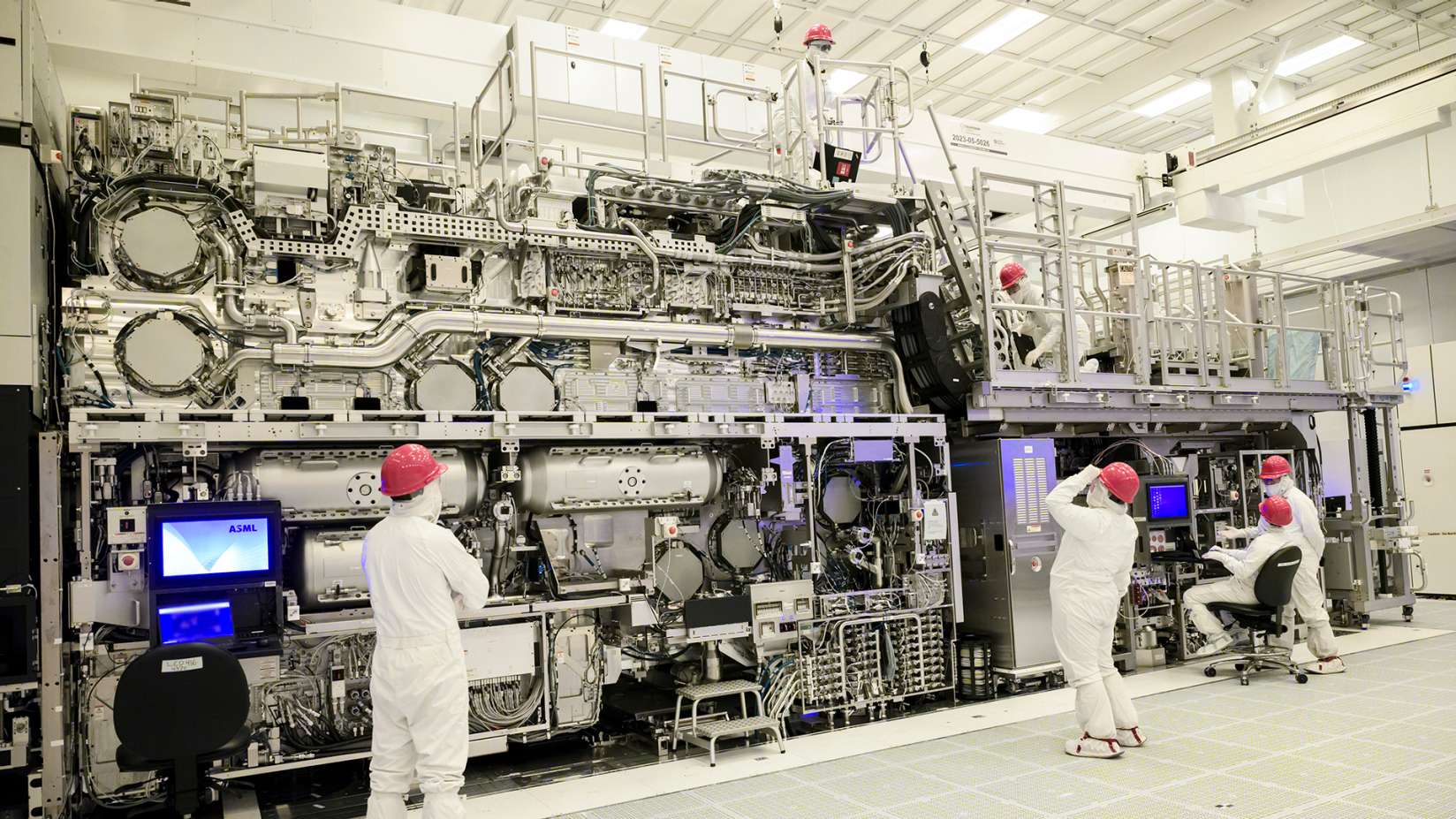China Says New Dutch Chip Export Rules Result Of ‘Coercion’

China says new Dutch export controls on chipmaking equpment result of US ‘coercion’ design to protect ‘global hegemony’
China has called a move by the Netherlands to tighten export controls on chipmaking machines the result of “coercion” by the United States.
“In recent years, in order to maintain its global hegemony, the United States has continued to… coerce certain countries to tighten export control measures for semiconductors and (related) equipment,” China’s commerce ministry said.
“China is resolutely opposed to this.”
The Dutch government said on Friday it would expand licensing requirements for ASML’s 1970i and 1980i deep ultraviolet (DUV) immersion lithography tools.

‘Safety’
The move effectively aligns the Netherlands’ own export regulations with rules imposed unilaterally by the US last year.
As such, the new Dutch restrictions do not bring in any new changes to which machines can be exported to China.
ASML said following the Dutch announcement that it does not expect the move to affect its earnings this year or beyond.
The Dutch government’s move lessens tensions between it and the US, which restricted the machines arguing that they contain some American components.
Some Dutch politicians had questioned whether the US’ restrictions represented an impingement on Dutch sovereignty.
The move also simplifies compliance for ASML, as it needs to only track controls from one government rather than two.
“We see that due to technological developments there are more safety risks in the export of these specific production machines,” said Dutch Trade Minister Reinette Klever in announcing the move.
“I’m making this decision for our safety.”
Restrictions
The Dutch government previously restricted higher-end DUV machines, including the NXT:2000 series and above, in September 2023.
The US introduced restrictions on the mid-range 1970i and 1980i DUV tools after Chinese firms such as dominant chipmaker SMIC successfully produced advanced chips in 7 nanometre production nodes using such tools.
The US has been trying to prevent China from producing its own high-end chips, saying the country’s technological advances represent a threat to its national security.
The use of mid-range systems to produce high-end chips can be achieved only by accepting low yield rates, making the chips expensive to produce.
High-end chips would normally be manufactured with Extreme Ultraviolet (EUV) systems, which the Netherlands has never allowed to be shipped to China, under US pressure.
China’s government has been pouring billions of dollars into the country’s domestic chip industry in an effort to develop domestic chipmaking tools.